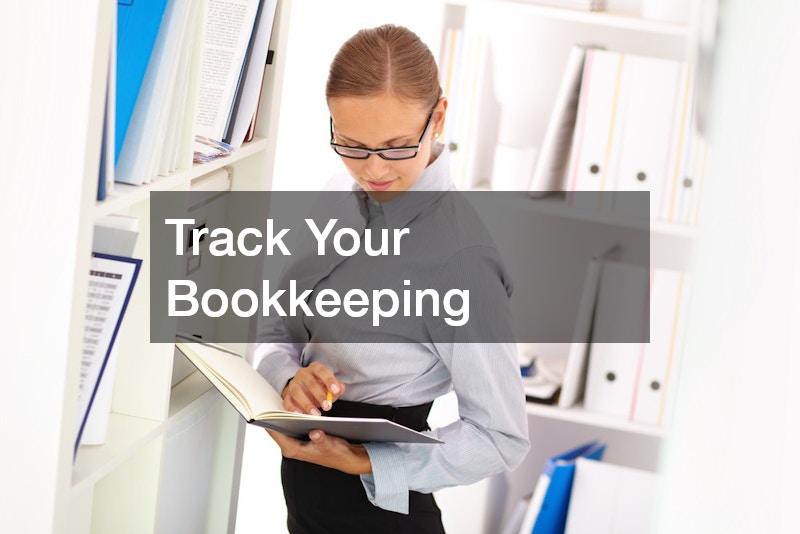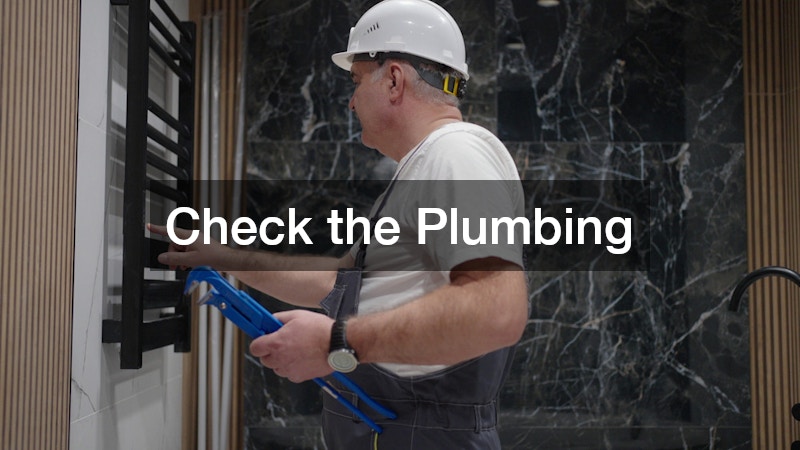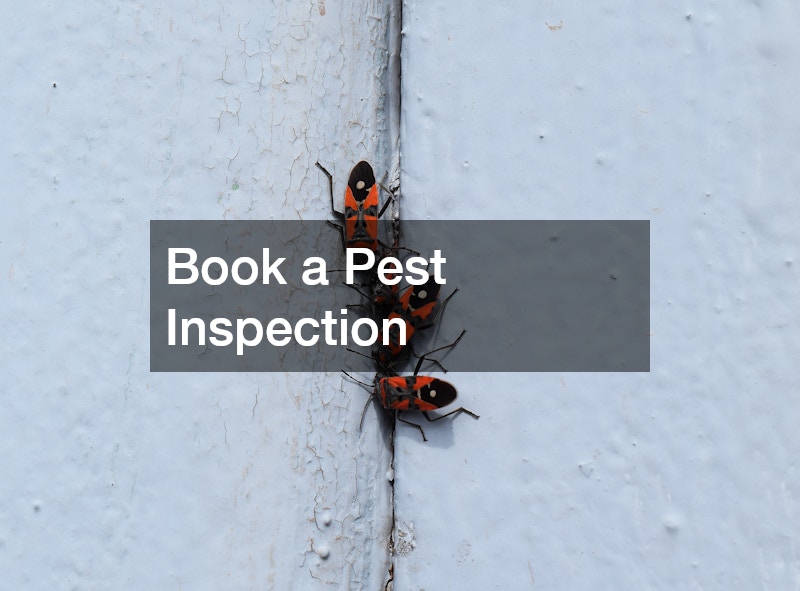Starting a business is exciting, but it’s also expensive. That’s why many entrepreneurs are looking to co funding as a way to share the financial load. Pooling resources with partners can help you access more capital, reduce personal risk and get off the ground faster. But while attention often goes straight to branding, staffing or inventory, one major asset is often overlooked—your location.
Repurposing an existing property can give your start-up a financial head start. Whether it’s a small retail space, a residential unit with commercial zoning or an unused industrial shed, the bones of a building can serve your new business well—if you plan carefully. A second-hand site won’t always be plug-and-play. It needs practical preparation to ensure it’s suitable and compliant before you open the doors.
This article explores three essential steps when choosing a property for your co-funded business: tracking your finances, inspecting the plumbing and checking for pests. These steps don’t just prevent headaches—they set you up for long-term success.
Track Your Bookkeeping

Starting a business with co funding means you’ll be managing money across multiple contributors. This structure calls for clear, collaborative financial tracking from day one. Bookkeeping is more than spreadsheets and receipts—it’s about having a real-time picture of your business’s financial health. With several stakeholders involved, everyone must be on the same page about income, expenses and obligations. An accurate record-keeping system keeps the business compliant, avoids disputes and ensures that every partner sees where their funds are going.
When using an existing property, the importance of bookkeeping becomes even more pressing. Upfront savings from not building new can be misleading if maintenance, upgrades or retrofits aren’t documented and tracked. For example, if your property requires rewiring, insulation or council approvals, these costs should be properly recorded under the right categories. Cloud-based accounting software can help make this seamless, especially if you’re working across locations or managing trades. A clear bookkeeping process ensures your co-funded venture doesn’t blow the budget—or lose track of partner contributions—before you’ve even turned a profit.
Check the Plumbing

Reusing a pre-owned property may seem like a cost-effective way to launch your start-up, but unseen infrastructure issues can quickly undo those savings. Plumbing is one of the most crucial systems to evaluate early on. Old pipes, outdated water heaters or hidden leaks can turn a promising site into a money pit. Even a minor plumbing issue can cause water damage, mould or business interruption, which can affect your reputation before you’ve built one.
Engage a licensed plumber to inspect the property before signing anything. They’ll assess whether the system is up to code, functional for your specific business needs and safe to operate. For example, if you’re opening a café, salon or medical space, your plumbing may need upgrading to handle higher usage or specific hygiene standards. Skipping this step could lead to emergency repairs, lost operating time or expensive retrofits—costs that could easily have been flagged with a pre-purchase inspection. A qualified plumber’s input can help you negotiate a better lease or purchase deal and protect your investment from costly surprises.
Book a Pest Inspection

No matter how good a property looks on the surface, pests can be lurking behind walls, under floors or in roof spaces. Termites, rodents and cockroaches aren’t just a nuisance—they can cause structural damage, pose health risks and create compliance issues with councils or industry regulators. When you’re co-funding a start-up, unexpected repair bills or shutdowns can strain relationships between partners and drain resources faster than expected.
Before moving in, always arrange a professional pest inspection. It’s a low-cost step that can save you thousands in the long run. The inspector will identify any existing infestations, conditions that attract pests (like moisture or food waste) and recommend preventative treatments. For example, if you’re opening a bakery or food outlet, even a minor infestation can risk closure or penalties under food safety laws. In high-traffic or older buildings, rodent entry points or past infestations are common and catching these early lets you take action before opening day. A pest inspection offers peace of mind and helps you maintain a clean, compliant business space from the start.
Co funding a start-up offers the chance to launch with less financial strain and more shared vision—but only if you lay a strong foundation. Using an existing property can keep overheads down, but it’s essential to plan smart. Good bookkeeping tracks every dollar, reliable plumbers keep your water systems worry-free and thorough pest inspections prevent unwanted guests from disrupting operations. These practical steps help protect your investment and build trust between co-founders. In the rush to get started, don’t overlook the groundwork that sets your business up for sustainable success.
